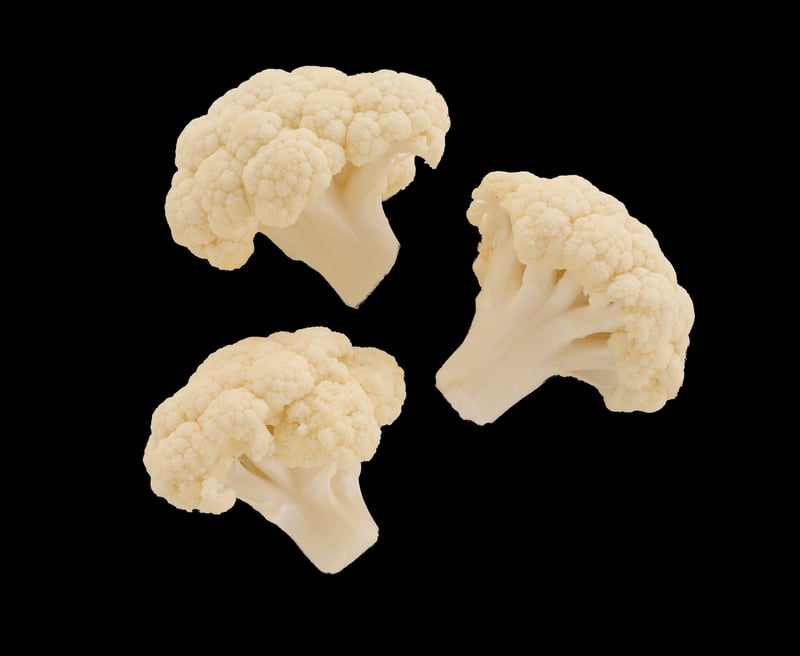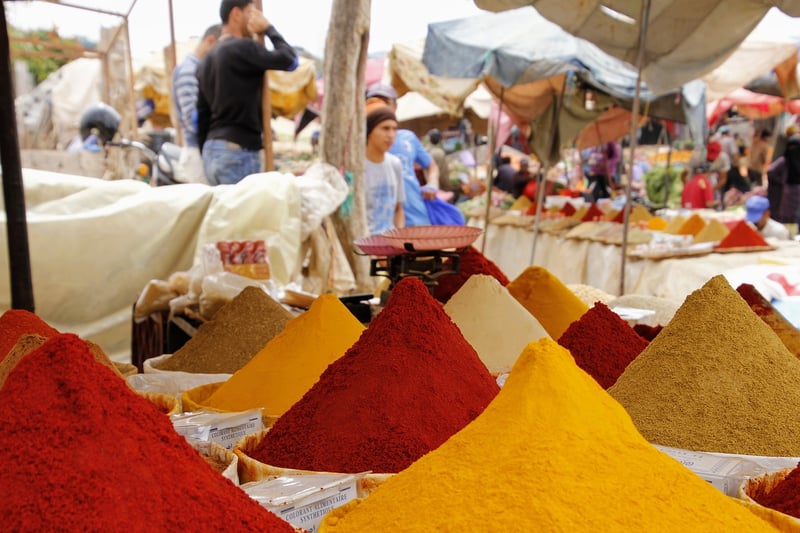Exotic Spices
Essential Cooking Elements and Exotic Spices
Introduction
Whether you're a seasoned chef or just starting in the kitchen, understanding essential cooking elements and incorporating exotic spices can take your dishes to the next level. From enhancing flavors to creating unique taste profiles, these elements play a crucial role in elevating your culinary creations.
Essential Cooking Elements
Before diving into exotic spices, it's essential to master the basic cooking elements that form the foundation of delicious dishes:
- Quality Ingredients: Fresh and high-quality ingredients are key to creating flavorful meals.
- Technique: Understanding cooking techniques like sautéing, roasting, and braising can help you achieve the desired results.
- Seasoning: Salt and pepper are fundamental seasonings that enhance the taste of your dishes.
- Balance: Balancing flavors such as sweet, salty, sour, and bitter is crucial for a harmonious dish.
Exotic Spices
Exotic spices add depth, complexity, and a touch of adventure to your cooking. Here are some exotic spices to explore:
Saffron
Saffron is prized for its vibrant color and distinct flavor. It is commonly used in dishes like paella and risotto.

Cardamom
Cardamom offers a warm, citrusy flavor and is often used in both sweet and savory dishes, such as curries and desserts.

Sumac
Sumac has a tangy, lemony flavor that brightens up dishes. It is a common spice in Middle Eastern cuisine.

Star Anise
Star anise has a strong licorice flavor and is used in both sweet and savory dishes, such as Chinese braised meats and mulled wine.

Conclusion
By incorporating essential cooking elements and experimenting with exotic spices, you can elevate your culinary skills and create dishes that are rich in flavor and depth. Don't be afraid to explore new flavors and ingredients to take your cooking to new heights!
